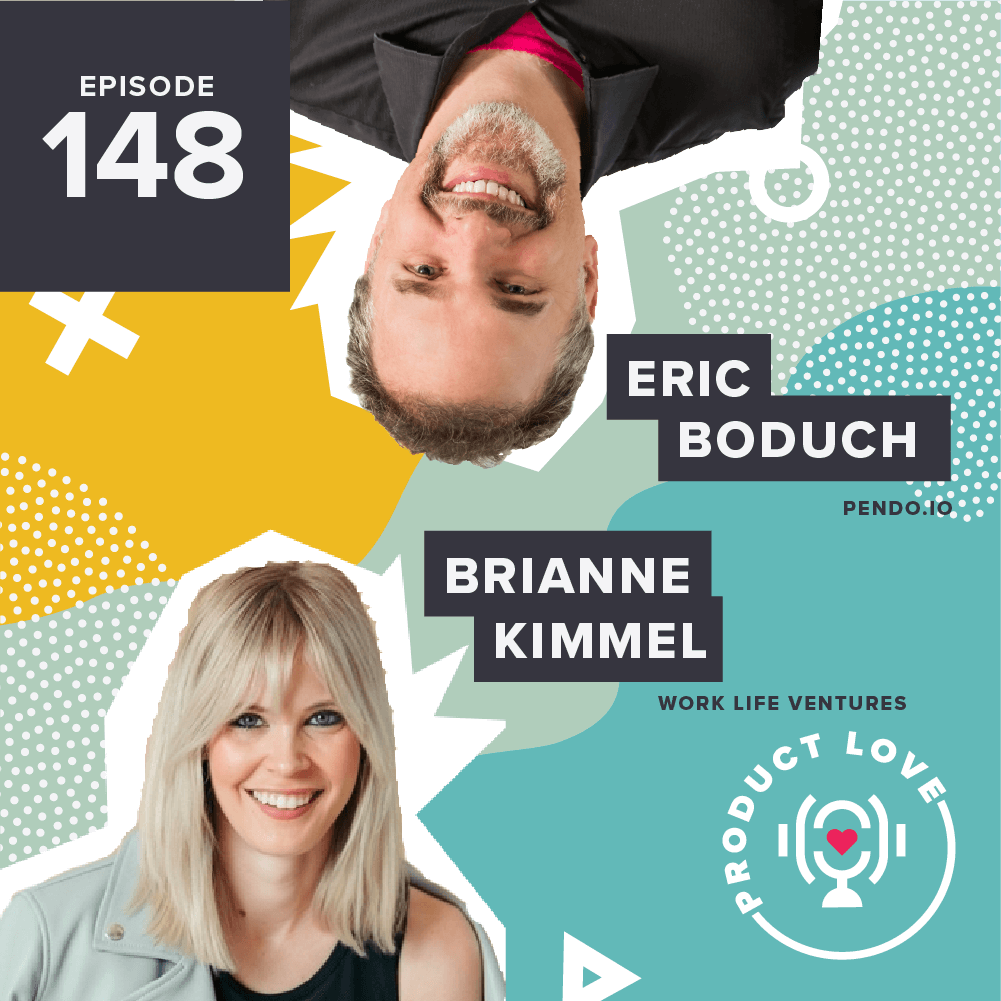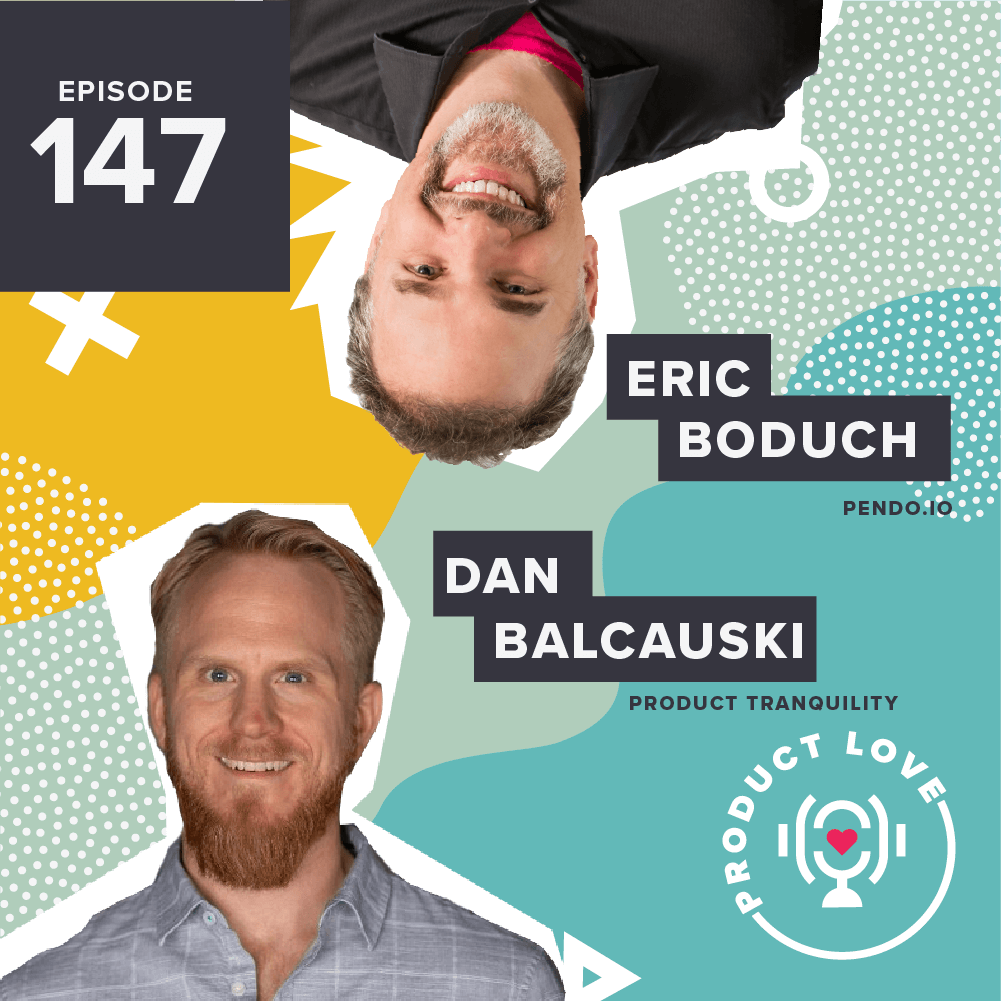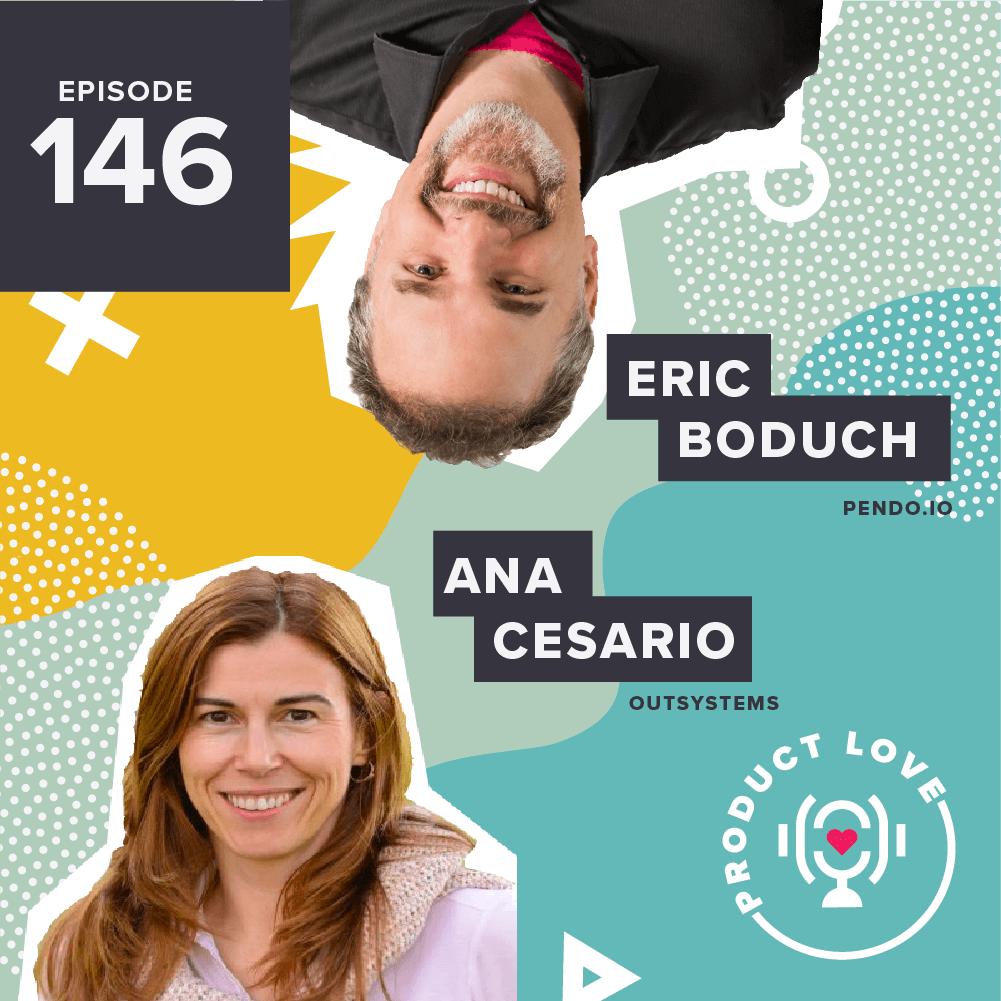This week on Product Love, I talked to Ryan Singer, the head of product at Basecamp, at their headquarters in Chicago.
Product managers come from a variety of places. As you can tell from our previous podcast guests, they’ve ventured from academia, marketing, filmmaking – there’s no one straight path to being a PM.
However, it seems that the common thread between all product people must be their natural inclination to question the world around them. The PMs I’ve interviewed in the past have demonstrated a desire to look beneath the surface. Their ability to draw a variety of influences to piece together a holistic understanding of product is what makes them special.
Ryan started his career in UI design, but his interest soon grew beyond illustrating fancy print design. The topic of functionality piqued his interest and he started to study features like buttons and fields. That led him to programming. Having his hands in programming and design gave him an understanding of the bigger picture in product. But as you could have guessed, he then pondered another question: what’s the right thing to build? How do I get the button to click? Should the button even be there?
The design questions soon dwindled down to the core of it all: what’s considered meaningful in the product? That led him to product management.
Ryan’s breadth and depth of experience are apparent when he alludes to various authors and their novels. His ability to seamlessly entwine their works with his craft shows his passion.
In this week’s episode, we talk about the simplicity of requested features and agile versus upfront design.
Ask When. Not Why.
When customers request a feature, we’re instantly troubled with questions of why a specific feature is necessary and why there’s an urgency for it. More or less, we usually extend those same exact questions to customers as well, but Ryan believes that it might be best to mentally reframe their questions into “When?” instead.
Asking “why” elicits them to give us global answers like, “It’s faster. It’s better,” which don’t reveal any insight into their customer experience journey. Their pain points aren’t as clearly illustrated without a story to go along with it.
Ryan uses the example of adding in a calendar feature into Basecamp. If a customer needs a calendar feature: ask them when they decided a calendar was necessary. “Why?” prompts a vague rationale, but asking “When?” gives you a chain of events that provide context to see what exactly needs to be built. If we took a vague rationale, we would have conceptualized with a calendar project that could have easily been a three-year engineering project. However, the anecdote behind wanting a calendar revealed that the solution was much simpler, and there was no need to create something complex. The project ended up being condensed into a six-week project.
It’s helpful to ask why your product and certain features exist and why others don’t, but it’s just as crucial to ask yourself what purpose it solves. It all sounds very Nietzsche-like to ask so many existential questions, but the answers only strengthen your resolve as a product manager.
The Space between Agile and Upfront Design
The biggest trend Ryan sees in product management is the growing frustration with agile. To him, everybody seems to be running around, trying to do their tasks faster, but none of them are taking the time to think.
Instead, he hopes for a return for “upfront design.” In the 90’s before agile existed, people used to architect a whole project before prototyping. Clearly, that wasn’t the best idea but now we’ve gone the other way with agile where we believe constant iteration might teach us. That’s not quite true either.
Iteration only teaches someone if they have a clear metric on when they’re getting warmer, or colder but most people don’t have a clearly defined sense of what “North” is.
At Basecamp, they don’t budget work into a cycle unless they’ve already shaped the work to define the concept and its’ value. In this sense, the upfront design has provided them with enough direction and guidance to work.
Listen to the podcast below to hear more about Ryan’s influences, as well as how Basecamp operates as an organization.


